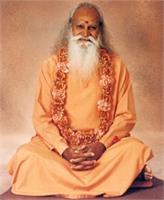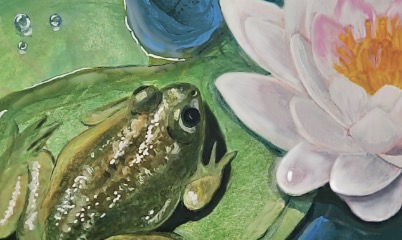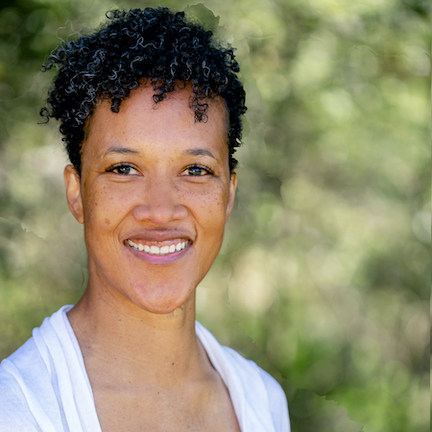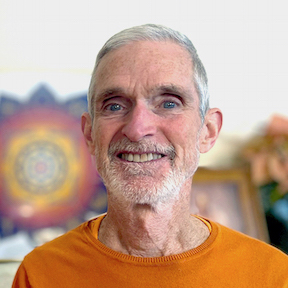Teaching of the Month: Gratitude
creatures of the sky and sea, air and water, fire and earth, all
whose joyful exertion blesses my life every day.
With gratitude I remember the care and labor of a thousand
generations of elders and ancestors who came before me.
I offer my gratitude for the safety and well-being I have been given. I offer my gratitude for the blessings of this earth I have been given. I offer my gratitude for the family and friends I have been given. I offer my gratitude for the company I have been given. I offer my gratitude for the teachings and lessons I have been given.
I offer my gratitude for the life I have been given.
On Thanksgiving Day, we thank the Lord for providing us with all our needs. We should be thankful always; but, if we forget, then at least this one day should be kept aside especially for that. All of the nicest things that we have come from God. God has provided us with everything. Even our bodies, our intelligence. The earth on which we live. The plants, the seeds, the food, the fruit. God has given us everything.
Nature and God are one and the same. Nature is another name for God. So, sometimes if you don’t feel comfortable with the name ”God,” you can say, “Nature provided everything.” We should be thankful to the nature; is it not so? We should be thankful to the Mother Nature, Mother Earth, Mother Sky, Mother Rain, Mother Wind.
Thanksgiving Day is a special day to remember to be thankful always for all the things we have. Not just to God, but to everyone. We always give and take, give and take, give and take; therefore we should be thankful to each other, and to each and everything in Nature—and, ultimately, to that one great power, the one great intelligence that we call God. It’s not possible for us to return in kind all that we get from Nature. How can we fulfill our obligation? It’s impossible. The only way is to remember and to be grateful.
Not only should we be thankful to everything, but everything should be thankful to us also. We should see that all the things are thankful to us by behaving properly, treating them well. We should see that we don’t hurt anyone, we don’t harm anyone, or anything. Let all those beings be thankful to us also. Everything. Even your book, for example. If you throw the book aside, the book won’t thank you. If you take good care of the book, read it gently, and close it gently, see that the covers are well kept, then the book also will be thanking you. So, let us keep this idea in our lives and see that we always give thanks to others.
by Swami Satchidananda, from the November, 2008, IYTA Newsletter
Please join us at Integral Yoga San Francisco for Thanksgiving programs on November 23rd. We look forward to seeing you!







